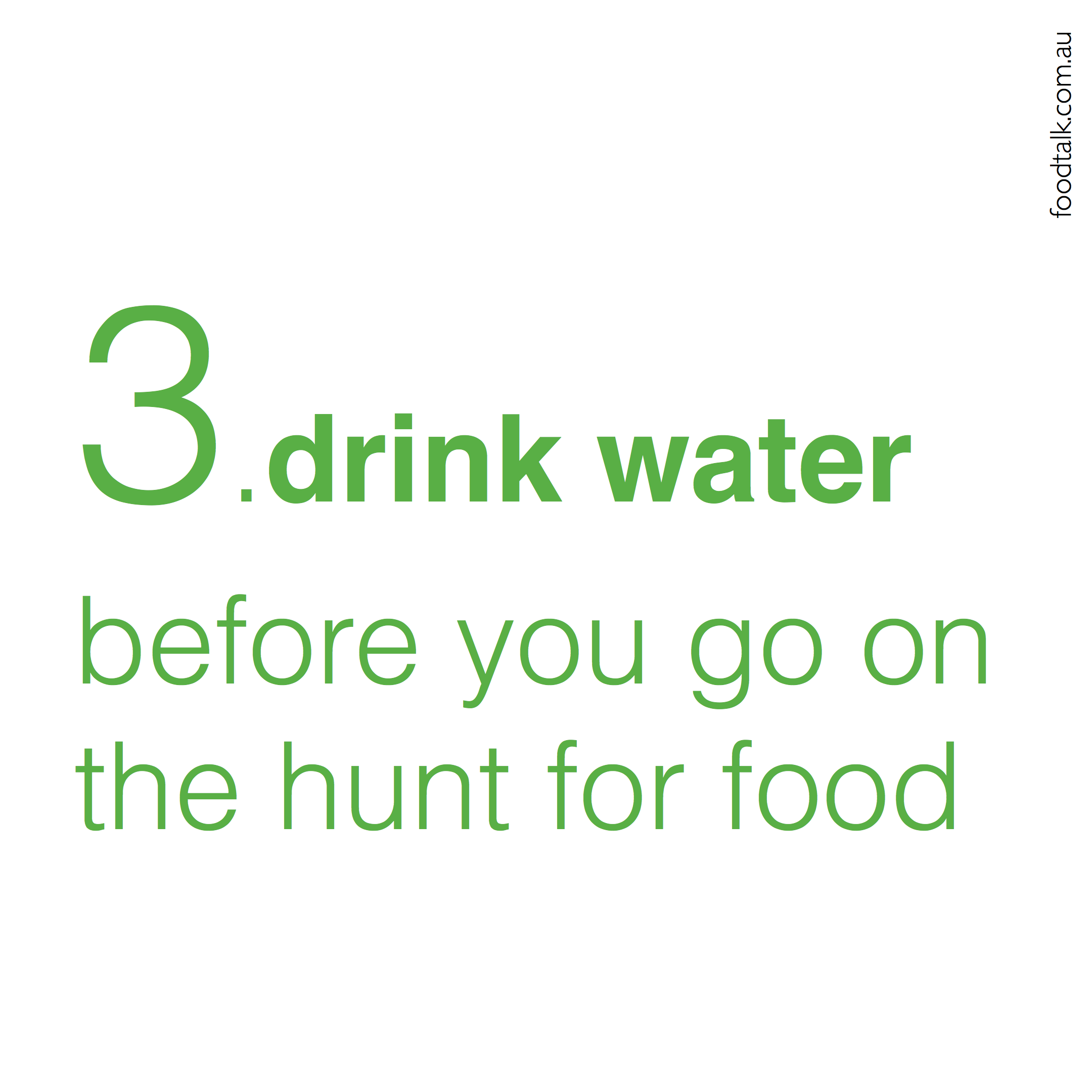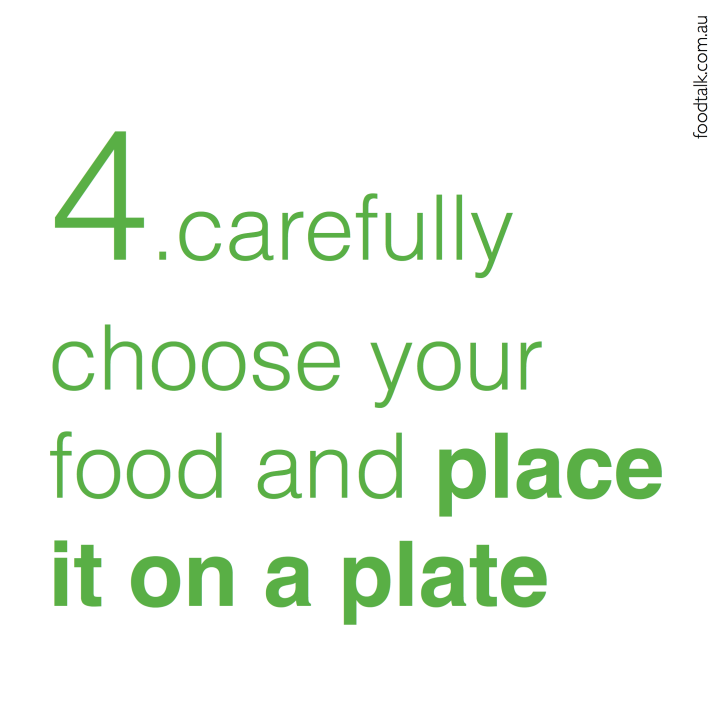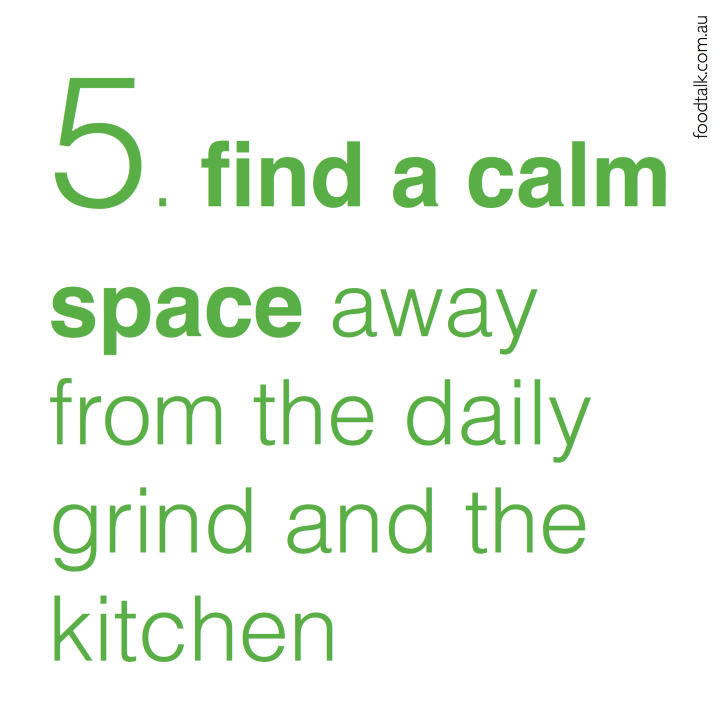curb the covid-kilos
Concerns and uncertainty about Covid-19, a huge external stressor, have triggered a surge in snacking and eating between meals.
This surge of snacking and grazing is totally unrelated to genuine tummy hunger. Eating is strongly influenced by thoughts and moods: bored, worried, procrastinative, stressed, anxious, disappointed, floundering, uncertainty ... Covid-19 is serving up more than its fair share of emotional triggers.
Broken routines, lockdown and boredom add to the mix to create a perfect recipe for over-consumption of food and alcohol.
It is not surprising to see kilograms climb, popularly nicknamed the ‘covid-kilos’ and 'lockdown love handles' but you can take steps now to avoid further ‘covid-kilos’.
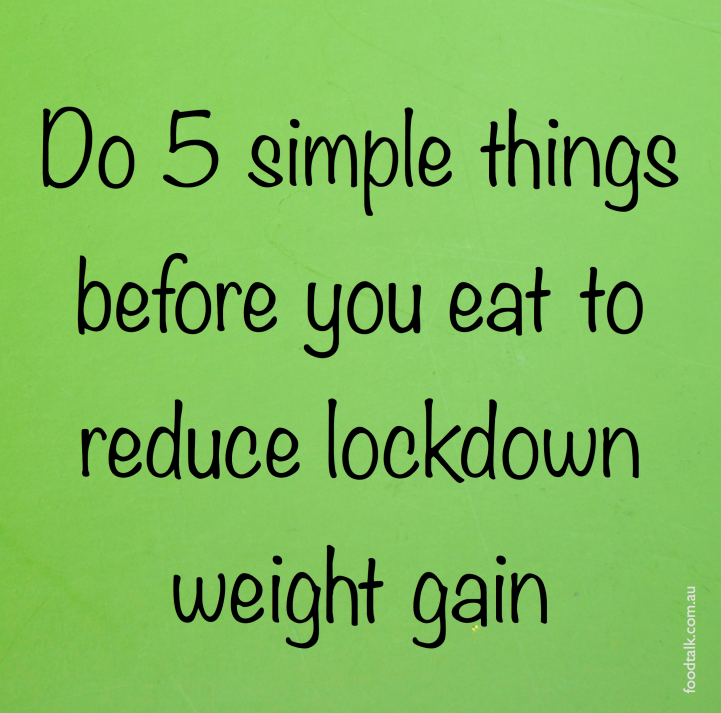
apply these five simple steps before eating to avoid piling on further unwanted weight
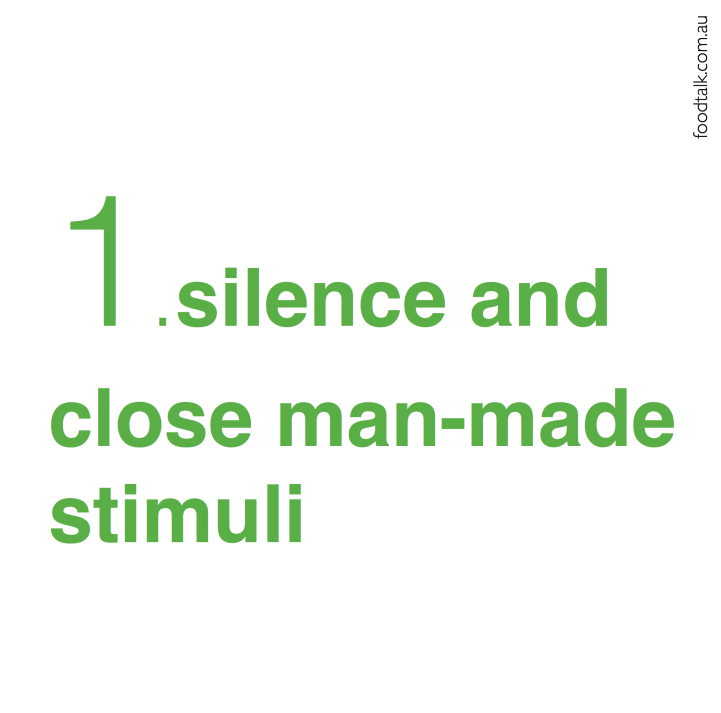
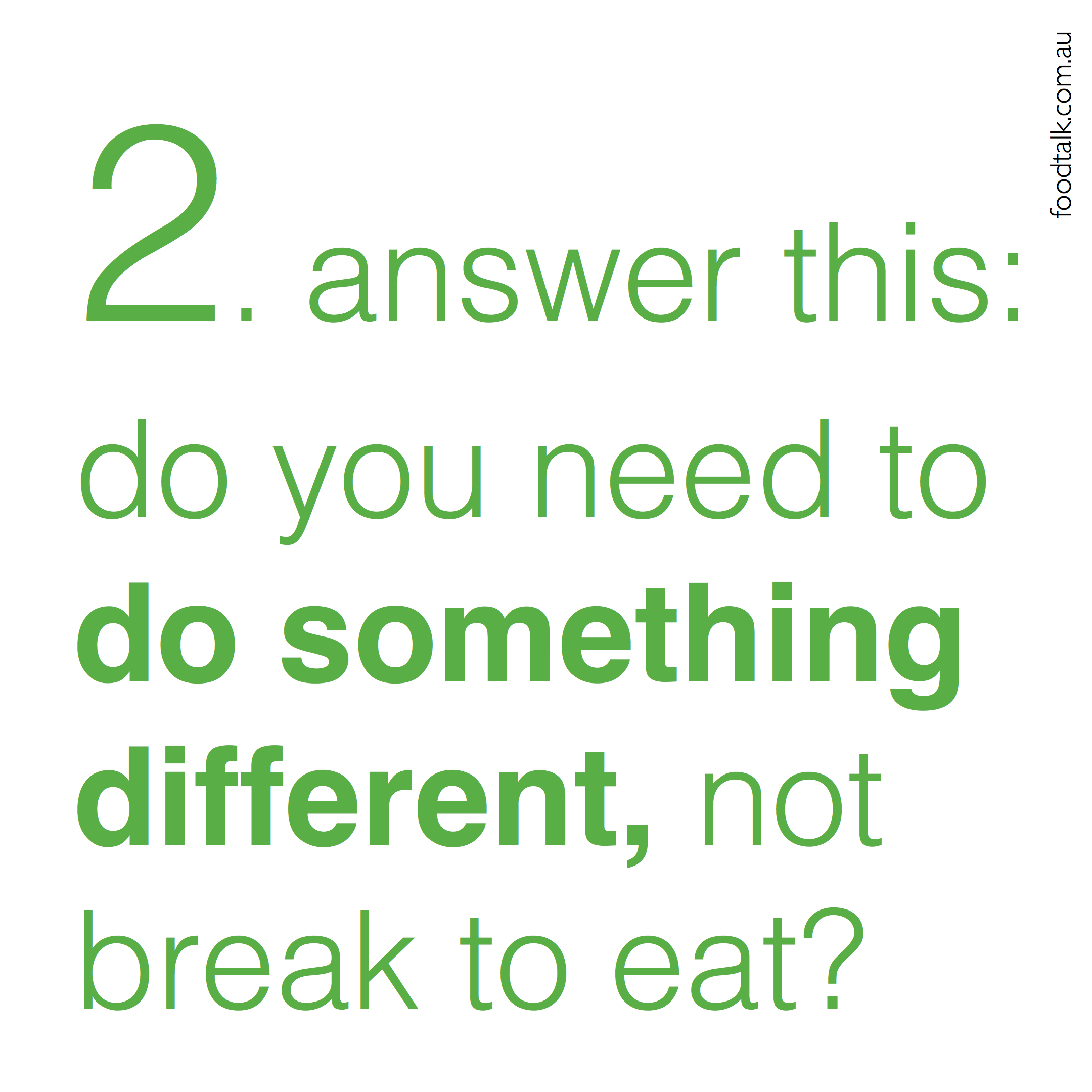
Take a minute to decide whether you simply need to take a break away from the humdrum busy-ness and thoughts that surround you. Do something else, something different. You may not need food right now.
Take a look at a few common triggers and possible solutions:
Broken routines and rituals. Lockdown, self-isolation and quarantine disrupt routines. Quickly revise and establish beneficial routines when usual ones have been broken. Predictable routines are surprisingly soothing and help ease stress and anxiety when uncertainty prevails. Disrupted routines break the best intentions for eating well, exercising and stimulating your mind. Step back into beneficial routines with planned structure for sleep, work, leisure and meal zones.
- Define when your ‘work day’ at home starts and ends. Shift the hours to suit your home life but do not overwork. Make the bed and pop on clothes that show you mean business (whether to do work, be active or enjoy a fresh day) rather than lounge around in PJs
- Schedule planned snacks and meal zones. Even if you totally trust your internal hunger signals, it is smart to decide on timed eating zones. When you feel hungry, check the time before you hunt for food. Is it close to lunch time? Eat lunch early. Is it far too early for afternoon tea? Do something different. Do not eat. Ooops, did you miss lunch? Eat lunch rather than graze on snack foods. Everyone hungry by 6pm? Plan to have the main meal on the table by then.
Bored and feeling at a loss or unfulfilled. Your brain and mind crave stimulating interests rather than a belly filled with food. Eating does not solve boredom. Doing stuff solves boredom. Lockdowns, social limitations and working from home open up hours of spare time, time at home to fill in but it is easy for the time to be gobbled up by food, nothingness or shallow tasks. Set aside time for activity and interests beyond work, beyond food, and beyond alcohol and drugs.
- Broaden and expand your desire for and pursuit of interests away from food and eating. Once you develop a broad range of non-food interests, you have more to choose from and switch to when the everyday is thrust into uncertainty. You won’t need food to fill the gaps in your day. Pack time with pleasures, stimulating interests, not just the everyday stuff and definitely not with food. Find fun (e.g. learn something new, play a real game). Dedicate time for a productive pursuit (e.g. hobby, room makeover). Get physical (e.g. train, walk or find a sport you can enjoy solo if need be). Do the duties (must do home work or work-related). Pursue pure pleasures that are not food related. Spare time is valuable.
Tired. Eating does not refresh a brain and body that lacks sleep and is tired. Taking a 20-minute power nap is a better in the short-term. If you are working from home, perhaps you are working too long? Without interruptions from work colleagues, an ordinary 8-hr office day zooms past in fewer hours. The day is over in fewer hours yet you linger over the desk, phone and screen. Tiredness may also be a sign of a mind that needs more TLC: anxiety, depression, stress, external pressures and uncertainties weigh heavily and disturb sleep. Food will not fix these.
Overwhelmed. Eating does not solve uncertainty and the problems of the world, nor your own worries and concerns. Reduce your exposure and consumption of news feeds, social media and covid-19 updates. Regulate and limit when and how often you check for updates. An over-dose of bad news is not healthy for the mind and may fuel emotional eating and drinking (e.g. comfort or ‘what the heck’ eating and drinking). Eating more becomes an added problem for your own body, thoughts and brain. Manage what is within the realm of your direct control - you, your health, your immediate family and home life. Alone, these are more than plenty for any person without taking on the concerns and worries of other people you do not know.
